too little, too late
The trouble began in 1946, right after World War II ended, when the publisher of the magazine The Hollywood Reporter named writer Dalton Trumbo and several others working in the Hollywood film industry as communist sympathizers.
At the time, Trumbo had been working in Hollywood for ten years and had become one of its most successful screenwriters.
The charge against Trumbo stemmed from a magazine article he had written in which he speculated that post-war Russians might be fearful of the US military power which now surrounded them.
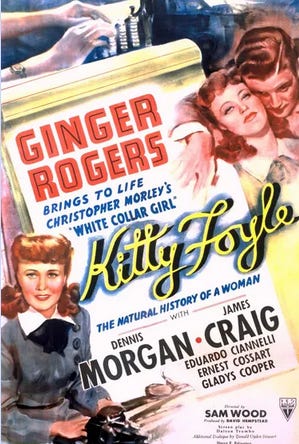
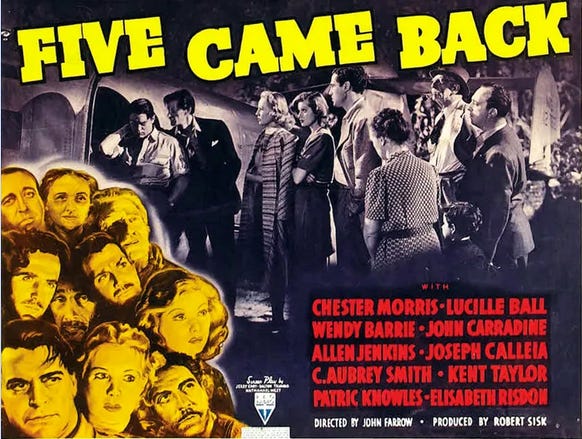
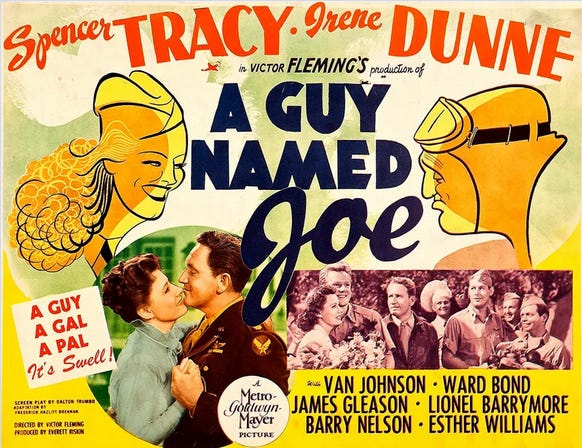
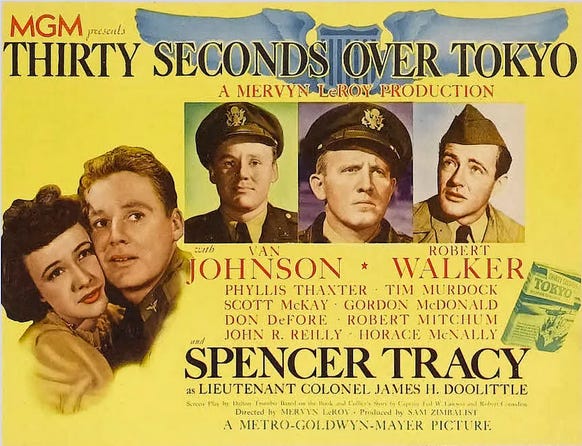
The next year, the House Un-American Activities Committee subpoenaed Trumbo and forty others from the film industry as a part of their investigation of allegations that Communists were inserting subversive propaganda into American films.
Trumbo and nine others who had been subpoenaed decided they would appear before the Committee but refuse to answer its questions.
They expected to be cited for contempt of Congress, but believed a defense grounded in their First Amendment rights would protect them from conviction.
The Committee hearings began in October 1947 with ‘friendly’ witnesses, including Walt Disney, Ronald Reagan and Louis B. Mayer, who answered all of the committee’s questions and were given expansive opportunities to present their views.
Trumbo and the others, by now referred to in the press as the Hollywood Ten, followed, and, when asked, each refused to answer whether they were affiliated with the Communist Party.
All ten were cited for contempt of Congress.
In the criminal trial which followed, all were convicted despite their assertion of their First Amendment rights.
The men were sentenced to a year in federal prison, and the Supreme Court refused to review their convictions.
When Trumbo was released from prison in 1951, the Hollywood Motion Picture Association refused to permit him to work in the film industry unless he disavowed Communism under oath.
And he refused to do so.
So, he was blacklisted.
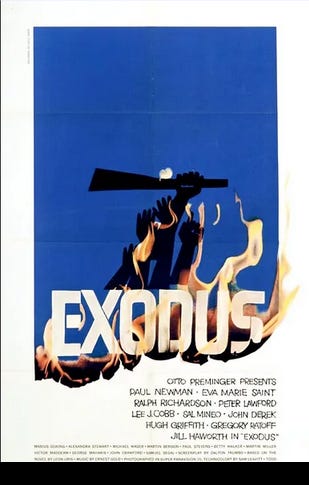
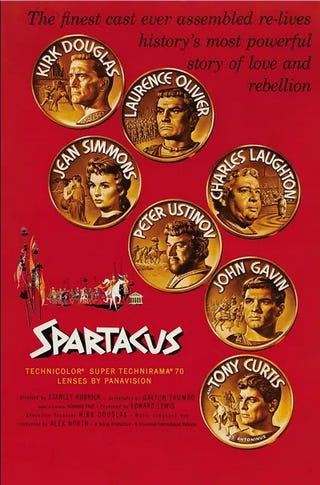
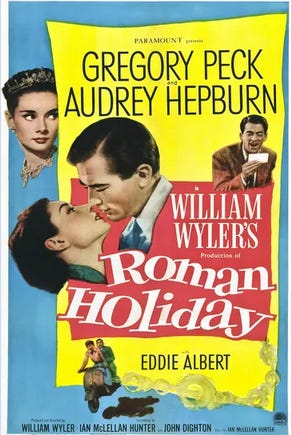
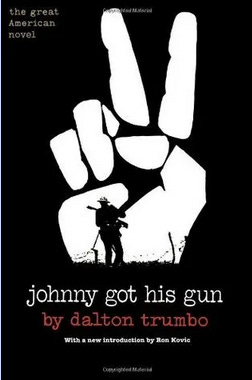
Trumbo moved to Mexico City with his family, where he wrote thirty Hollywood scripts — including some award-winners — under pseudonyms.
A turning point came in 1960, when Otto Preminger credited Trumbo as the true screenwriter for the blockbuster film Exodus.
Actor Kirk Douglas soon followed, identifying Trumbo as the screenwriter for the film Spartacus.
And on February 4, 1961, the New York Times reported that President Kennedy had slipped unnoticed into a Washington, DC, theater the night before to see Spartacus.
The news of Kennedy’s movie theater trip convinced Trumbo that the American people were willing to accept him again.
Years later, Trumbo was asked how he felt about his criminal contempt conviction:
"As far as I was concerned, it was a completely just verdict.
“I had contempt for that Congress and have had contempt for it ever since.
“And on the basis of guilt or innocence, I could never really complain very much.
“That this was a crime or misdemeanor was the complaint, my complaint."
In 1986, efforts were begun to correct film credits on those movies which Trumbo had written under pseudonyms and in 1993, he was posthumously awarded an Oscar for writing the 1953 film, Roman Holiday.
In 2012, the son of the publisher of The Hollywood Reporter printed a public apology on behalf of his father for the communist accusations in his father’s 1946 article which had launched the Hollywood blacklist.1
The son said his father had once dreamed of opening his own Hollywood movie studio, but the major studio owners had thwarted his plans.
As the postwar Red Scare began, his father had sought to extract revenge by damaging their prize asset: their talent.
“In the wake of this emerging hysteria surrounding communism, the easiest way to crush the studio owners was to simply call their actors, writers and directors communists…
“Apart from being charged with contempt, for refusing to name names, none of these individuals committed any crimes.
“It’s possible, had my father lived long enough, that he would have apologized for creating something that devastated so many careers.
“On behalf of my family, and particularly my late father, I wish to convey my sincerest apologies and deepest regrets to those who were victimized by this unfortunate incident.”
While a nice gesture, this apology came long after the Hollywood blacklist had been widely discredited, and long after a time when it could have made any difference to those who had suffered.
Trumbo had been dead for thirty-six years.
For him and the others, it was too little, too late.
******************************
I’ll see you on Monday.
— Brenda
W.R. Wilkerson III, 2012.





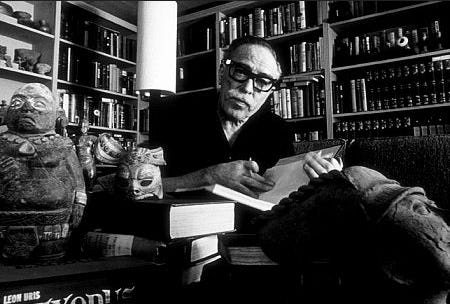
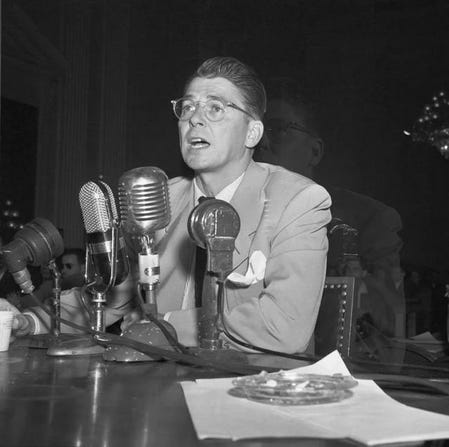
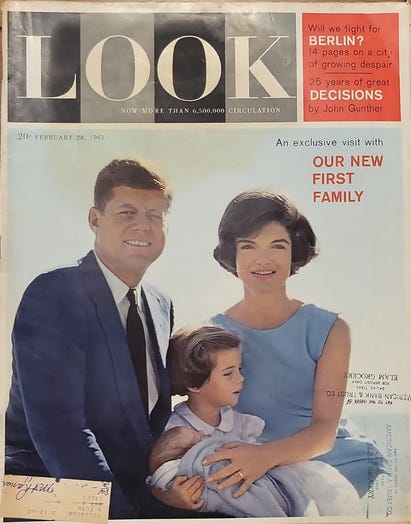
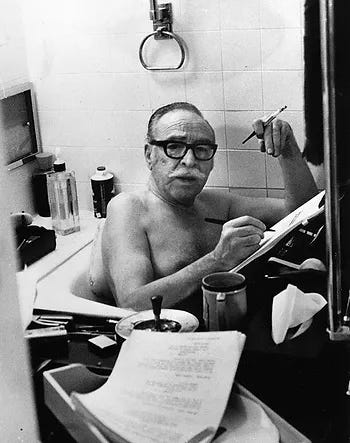









Share this post